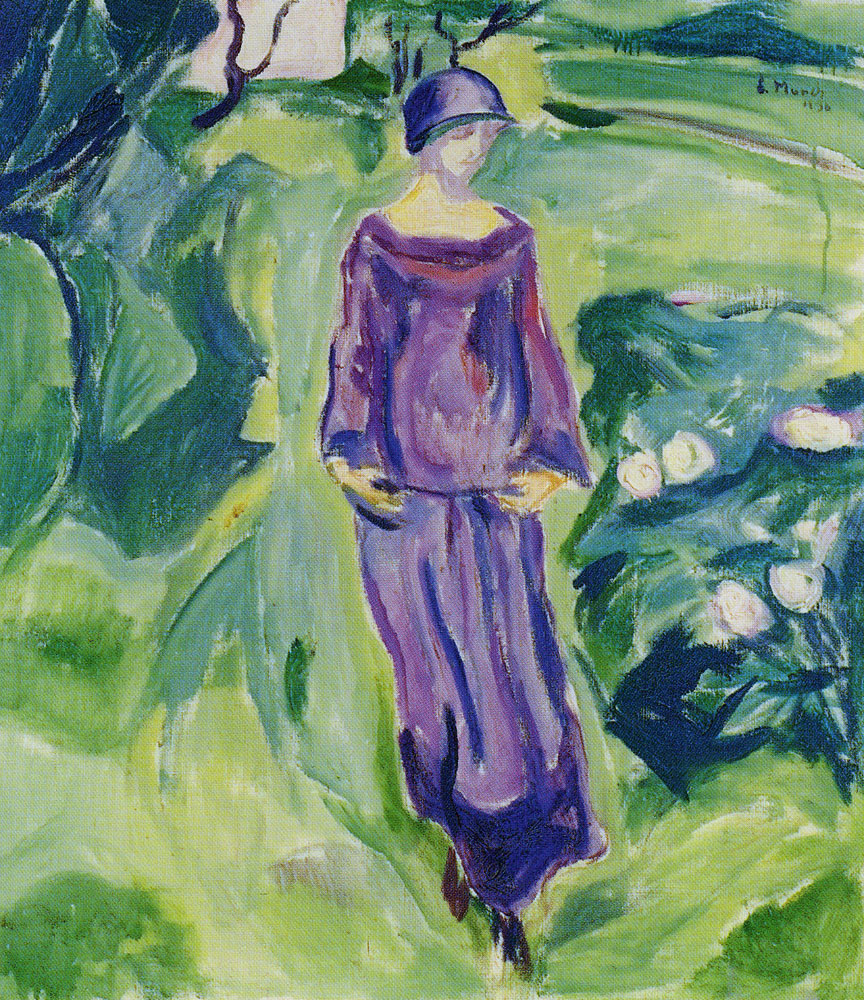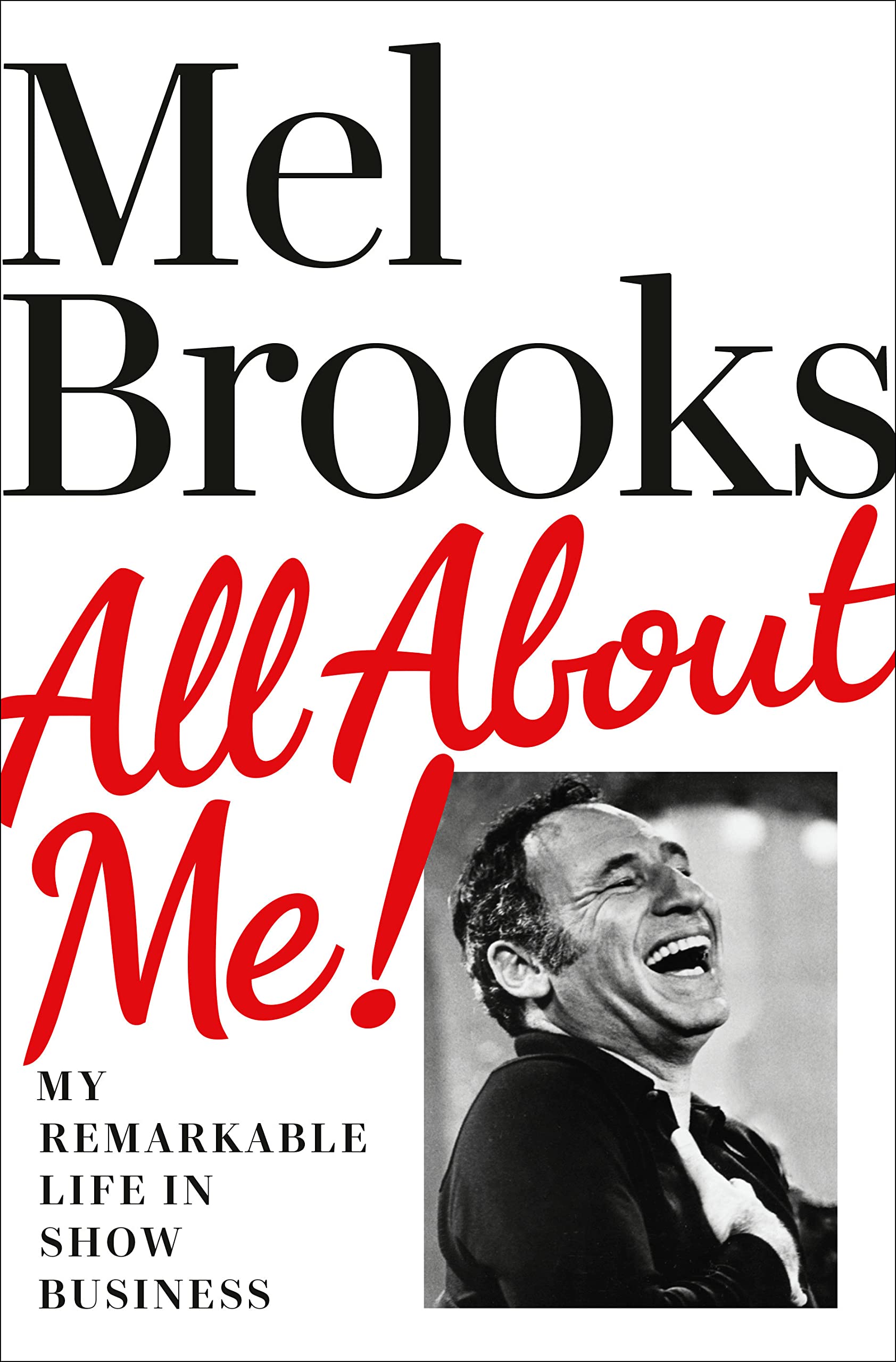C.S. Lewis gained acclaim as a children’s author for his classic series The Chronicles of Narnia. He also gained acclaim for his popular apologetics, including such works as Mere Christianity and The Screwtape Letters. What is more, he gained acclaim as a science fiction writer for his Ransom Trilogy. Furthermore, he gained acclaim for his scholarly work in Medieval and Renaissance literature with The Allegory of Love and A Preface to Paradise Lost. Many writers have their fleeting moment of fame before their books become yesterday’s child—all the rage and then has-been. Remarkably, Lewis’s books in all of these areas have remained in print for 70, 80, and 90 years. Over the years, the print runs have grown.


 Even though several movies and stage plays have told the story of Lewis, along with a handful of biographies, many people who know of his work may be surprised by the Lewis they do not know.
Even though several movies and stage plays have told the story of Lewis, along with a handful of biographies, many people who know of his work may be surprised by the Lewis they do not know.
1. Lewis was not English. He was Irish. Because of his long association with Oxford University, and later with Cambridge, many people assume he was English. When he first went to school in England as a boy, he had a strong Irish accent. Both the students and the headmaster made fun of young Lewis, and he hated the English in turn. It would be many years before he overcame his prejudice against the English.
2. Lewis could not play team sports. Perhaps it would be better to say that he could not succeed at team sports. One of the features of human anatomy that separates us from the lower primates is the two-jointed thumb, which helped us enormously in the development of technology and civilization. Lewis and his brother Warnie had only one joint in their thumbs which left them hopeless at throwing, catching, or hitting balls. As a result of his failure on the playing field, young Lewis was subjected to ridicule and abuse from the other students at school and made to feel unworthy to draw breath.
3. Lewis was a shy man. In spite of his great skill at debate and his mastery of the platform in holding an audience of hundreds in the palm of his hand, Lewis was shy in everyday encounters with other people he did not know. His enormous publishing success came in spite of his inability to put himself forward instead of from any effort on his part to market himself.
4. Lewis gave away the royalties from his books. Though he had only a modest salary as a tutor at Magdalen College, Lewis set up a charitable trust to give away whatever money he received from his books. Having given away his royalties when he first began this practice, he was startled to learn that the government still expected him to pay taxes on the money he had earned!
5. Lewis never expected to make any money from his books. He was sure they would all be out of print by the time he died. He advised one of his innumerable correspondents that a first edition of The Screwtape Letters would not be worth anything since it would be a used book. He advised not paying more than half the original price. They now sell for over $1200.
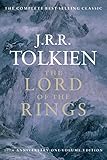
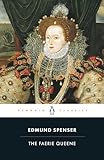

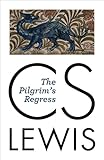
 6. Lewis was instrumental in Tolkien’s writing of The Lord of the Rings. Soon after they became friends in the 1920s, J. R. R. Tolkien began showing Lewis snatches of a massive myth he was creating about Middle Earth. When he finally began writing his “new Hobbit” that became The Lord of the Rings, he suffered from bouts of writer’s block that could last for several years at a time. Lewis provided the encouragement and the prodding that Tolkien needed to get through these dry spells.
6. Lewis was instrumental in Tolkien’s writing of The Lord of the Rings. Soon after they became friends in the 1920s, J. R. R. Tolkien began showing Lewis snatches of a massive myth he was creating about Middle Earth. When he finally began writing his “new Hobbit” that became The Lord of the Rings, he suffered from bouts of writer’s block that could last for several years at a time. Lewis provided the encouragement and the prodding that Tolkien needed to get through these dry spells.
7. Lewis had a favorite kind of story. Lewis loved Norse mythology and science fiction, but his favorite kind of story was the journey to the world’s end on a great quest to gain that most valuable prize, the great unattainable thing. He found this story as a teenager in the medieval story of the quest for the Holy Grail. It is the plot of Spenser’s The Fairie Queene and of George MacDonald’s Phantastes. It would be a plot he incorporated into The Voyage of the Dawn Treader and The Pilgrim’s Regress.
8. Lewis earned two degrees at Oxford. Lewis had planned to have a career as a philosopher, teaching at Oxford University. When he could not get a job upon graduation, he remained at Oxford an additional year and did a second degree in English literature. He could complete the degree in only one year because he had read the books in the English syllabus for his pleasure reading when he was a teenager. In the end, he taught English literature instead of philosophy.
9. Lewis’s first book was a collection of poetry he wrote as a teenager. Before he planned to be a philosopher, the teenage Lewis hoped to become a great poet. He wrote poetry with the hope of publishing his work and gaining fame. He returned to England after being injured in France during World War I and published his collection as Spirits in Bondage under the pen name of Clive Hamilton.
10. Lewis was very athletic. Even though he hated team sports throughout his life, Lewis was addicted to vigorous exercise. He loved to take 10-, 15-, and 20-mile rapid tromps across countryside, but especially over rugged hills and mountains. He loved to ride a bicycle all over Oxfordshire. He loved to swim in cold streams and ponds. He loved to row a boat. He kept up a vigorous regimen until World War II interrupted his life with all of the new duties and obligations he accepted to do his bit for the war effort.
This piece was produced in partnership with Publishers Weekly.








